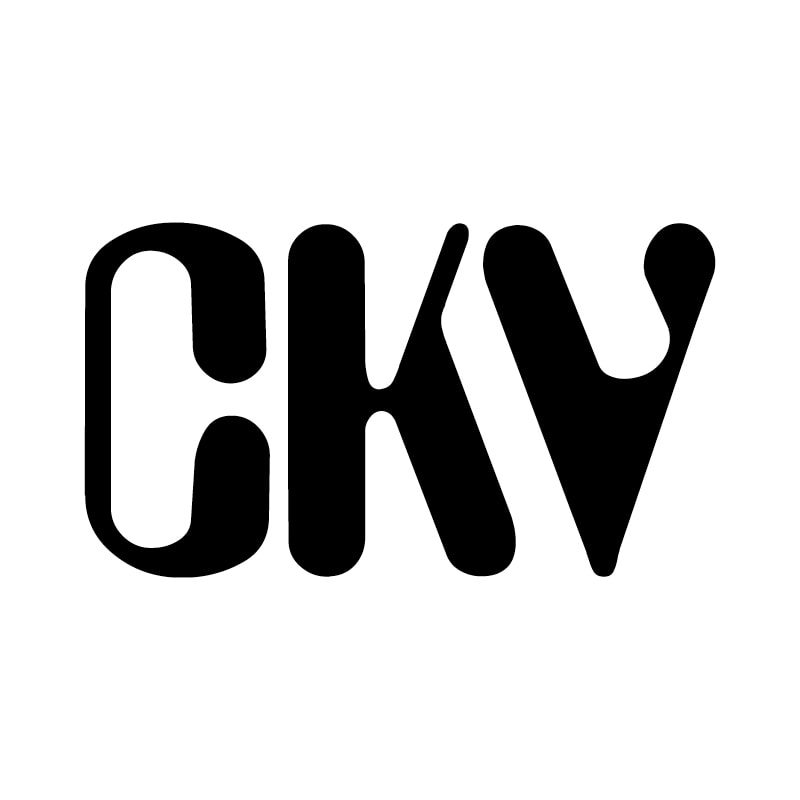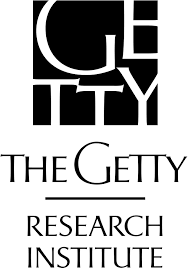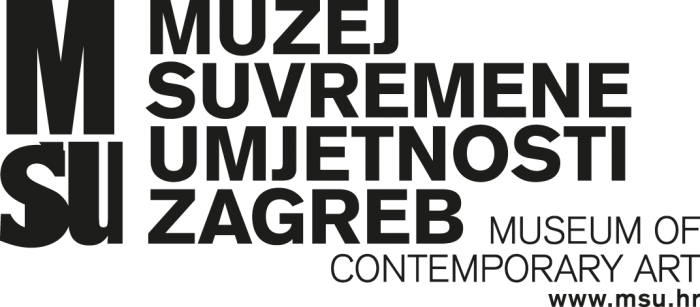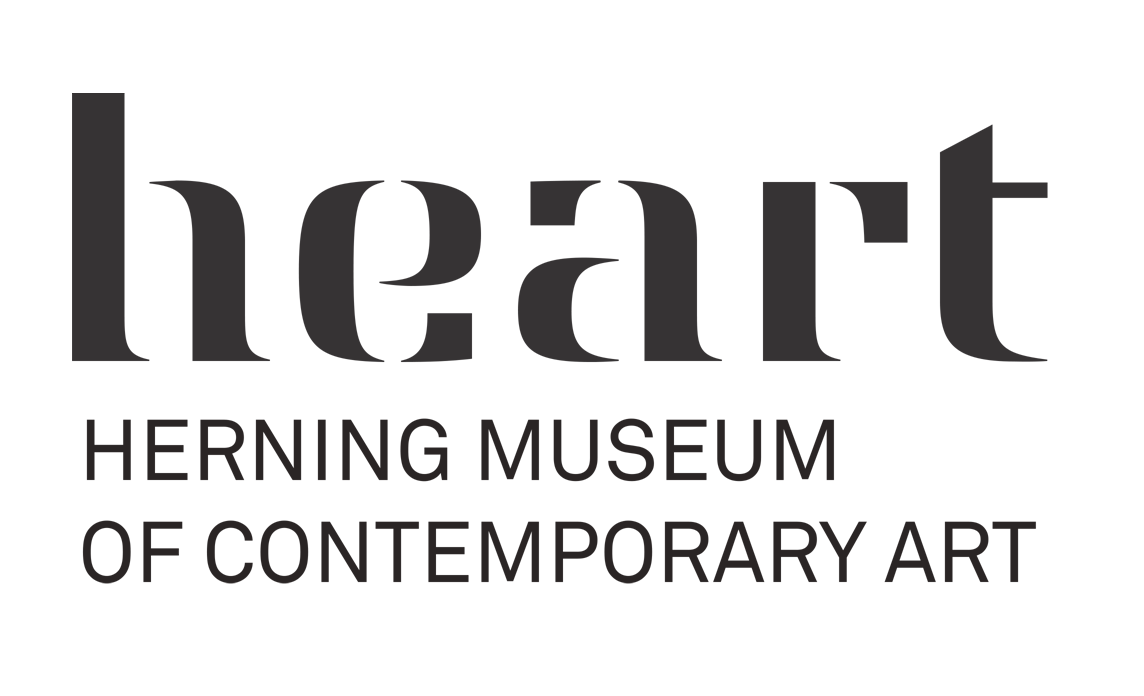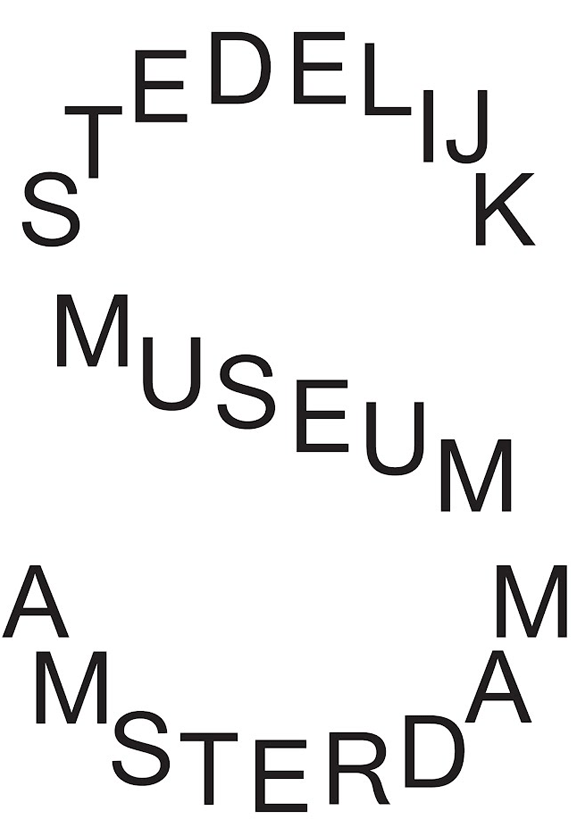Research and exhibition institute with focus on artists from the international ZERO movement
The 0-INSTITUTE has set itself the goal of researching, preserving and presenting the works and documents of, among others, the Dutch artists associated with the international post-war ZERO movement and, as a center of scientific research, active in to evaluate the ideas of the movement and present them in a contemporary context.
The institute does field research in archives, artist studio's, public and private collections, and works with a network of prominent writers, researchers, and producers, and is specialised in reconstructing ideas, installations, works, historical exhibitions, and has the "archeology's" ability to tell stories that reach beyond official discourse.
The collection, in the form of two-dimensional works, spatial installations, videos, concepts, photographs, publications and documents from the time of the movement, forms the backbone of the institute. But where museums mainly show their own collection, the 0-INSTITUTE will use the many existing works in both private and public collections.
The institute has developed a digital platform in collaboration with, among others, the State Archives for Art History (RKD), the many foreign artists' foundations, and the international museums. This digital archive will be accessible for specialists as well as for a wide audience. Thanks to its practical and straightforward nature, the archive can be expanded in a short time and already gives access to archival material from many international institutions.
The 0-INSTITUTE aims to promote the interdisciplinary exchange between artists, scientists in the humanities and natural sciences by realizing own projects such as symposiums, exhibitions, and performances, and works together with the European Institute for Contemporary Arts and Science (EICAS). The ideas of artists belonging to the ZERO movement will be placed in a current contemporary context.
The institute will be active with the initiation, organization, and financing of exhibitions and publications. It has the potential for both public institutions and private collectors to actively use its international network with researchers, curators, conservators, producers, and media. The expertise built up at both the ZERO Foundation and at various museum institutes serves as a unique and essential basis.
The 0-INSTITUTE is advising museums, collectors and researchers and coordinating projects worldwide, or more specific in Rotterdam (Museum Boymans van Beuningen), Hobart (Museum for Old and New Art), Antwerp (Museum voor Hedendaagse Kunst), Herning (Herning Art Museum), and archives as that from Armando, Walter Leblanc, Yves Klein, Yayoi Kusama, Henk Peeters and Piero Manzoni.
In collaboration with:
The institute does field research in archives, artist studio's, public and private collections, and works with a network of prominent writers, researchers, and producers, and is specialised in reconstructing ideas, installations, works, historical exhibitions, and has the "archeology's" ability to tell stories that reach beyond official discourse.
The collection, in the form of two-dimensional works, spatial installations, videos, concepts, photographs, publications and documents from the time of the movement, forms the backbone of the institute. But where museums mainly show their own collection, the 0-INSTITUTE will use the many existing works in both private and public collections.
The institute has developed a digital platform in collaboration with, among others, the State Archives for Art History (RKD), the many foreign artists' foundations, and the international museums. This digital archive will be accessible for specialists as well as for a wide audience. Thanks to its practical and straightforward nature, the archive can be expanded in a short time and already gives access to archival material from many international institutions.
The 0-INSTITUTE aims to promote the interdisciplinary exchange between artists, scientists in the humanities and natural sciences by realizing own projects such as symposiums, exhibitions, and performances, and works together with the European Institute for Contemporary Arts and Science (EICAS). The ideas of artists belonging to the ZERO movement will be placed in a current contemporary context.
The institute will be active with the initiation, organization, and financing of exhibitions and publications. It has the potential for both public institutions and private collectors to actively use its international network with researchers, curators, conservators, producers, and media. The expertise built up at both the ZERO Foundation and at various museum institutes serves as a unique and essential basis.
The 0-INSTITUTE is advising museums, collectors and researchers and coordinating projects worldwide, or more specific in Rotterdam (Museum Boymans van Beuningen), Hobart (Museum for Old and New Art), Antwerp (Museum voor Hedendaagse Kunst), Herning (Herning Art Museum), and archives as that from Armando, Walter Leblanc, Yves Klein, Yayoi Kusama, Henk Peeters and Piero Manzoni.
In collaboration with:
Photo on the left: 1965, Stedelijk Museum, Amsterdam, left to right: Jiro Yoshihara, Hans Haacke, Henk Peeters, Rotraut Uecker, Jan Schooonhoven, Lucio Fontana, Pol Burri, Giani Colombo, Mrs Fontana, Eddy De Wilde, Mrs De Wilde, Yayoi Kusama, George Rickey, Soto, Otto Piene, Nanda Vigo, Alfred Schmela, Heinz Mack, Emile Soestbergen, Günther Uecker. Photo and copyright by André Magnin / Ad Peetersen (Montage), original ONLY in the Nul Archive.
